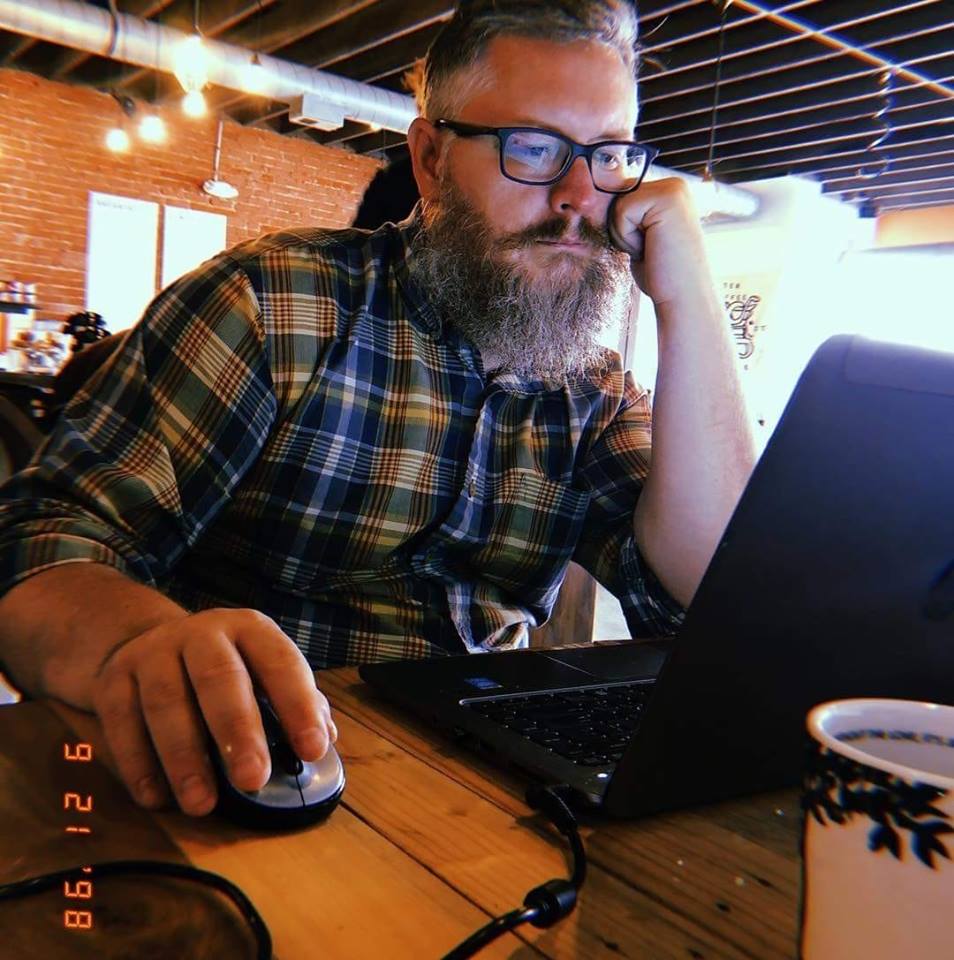TL; dr -- Let's talk about figuring out how to create missional pathways for people seeking to respond to God's calling in their lives, since as church leaders, it's our responsibility to guide this process wherever in the world we find ourselves. Yesterday's post on "extra" courses being required by districts after graduation from validated courses of studies in Nazarene universities, um, hit a nerve. Lots of response on Facebook, likes, retweets, and private messages. I won't name names, obviously, but there are a lot of people under 30 years of age that are hurt, confused, and angry at how districts have been dismissive of their previous years of formation in the classroom and in ministry contexts. A lot of them are no longer Nazarene because of their bad experiences.
This is a drum that I've been pounding on for a long time. In 2000, with a trip to Cote d'Ivoire, I began working with course of study issues at a retreat for Nazarene educators in West Africa. It was here that I met Mike Vail and Bob Woodruff. They were in the midst of a large-scale revision of the Course of Study toward Ordination under the supervision of Mike Vail, on contract at the time with the International Board of Education, and Robert Woodruff, on specialized contract with World Mission as the Global Education Coordinator. Both were consultants with years of educational experience and various church responsibilities. Once I was formally asked to lead the educational efforts in francophone Africa, I began to work with the global revisions to the educational requirements especially in how they might be contextualized in my new setting, especially in terms of the Bologna Process. Oh, the work. I already had a Ph.D. in education from the University of Kansas, but soon realized there were many things I still needed to learn. Namely, the Course of Study is built on Western ideals of outcomes-based education, which is not much different than ancient cultural traditions of "observation-action-reflection-correction-repeat." This I did know from years as a curriculum editor. I was somewhat familiar with Malcolm Knowles' influence since my college days due to Rick Ryding's influence at MVNU and later Don Whitlock's teaching style at Nazarene Seminary in Kansas City. I soon read up on Jane Vella, Paulo Freire, and others, especially in their influence upon the British Commonwealth educational system and international non-governmental organizations that fed on OBE and adult learning theories. Woodruff was an expert in this area from his time in the Australian university system. I had learned enough in the Ph.D. program to learn what I did not yet know. What was not taken into account in the new Nazarene revisions were the French educational system and other non-European and structures that ascribed to similar educational theories in marginal fashion but used much different structures to get there than the American and British systems, such as learner-centered pedagogy and the educational levels of certificate, diploma, and degree. The terms were different but so was the meaning attached to each level of education. Also, I knew next to nothing about West African culture, Francophone culture, and just how different these contexts were from North America. I needed to learn the flux within the Nazarene system: the (limited) reach of IBOE and ICOSAC, the influence of the previous experience of Nazarene higher education in contexts beyond USA/Canada, and the partnerships between school and church that can be described as perpetually strained. Layer on this moving the family to six different countries in our first eighteen months on missionary contract while learning another language and taking on church development responsibilities as district superintendent, and this became quite the task. But, I was able to figure some things out, like:
So, ten years later, I return to the U.S. and begin teaching at a Nazarene university. Not once in the last seven years since I've been in the U.S., I have not been asked by the Regional COSAC or any district in the region about educational requirements toward ordination, except by students that are working through this process or by districts to affirm if students meet their requirements. I've worked with educators in central and south America, Cuba, West Africa, and have been asked to be involved more in Asia. I've written an assessment plan for Christian ministry majors based on the 4Cs, but I'm not considered an expert in the U.S. and Canada, except by students seeking a guide toward ministry beyond graduation and how to work through the various options to get there. I've been published on the theology and practice of ordination, but I've not been tapped to weigh in on these issues in my own country. Fine. Don't listen to me, but at least listen to those I'm hearing from. Since I've again made note of another red flag of a deeply flawed system, I'm hearing from folks that have also seen or experienced the problems that have become obstacles in the path toward ordained ministry. I've seen what happens when a region, field, district, and missional zones get it right, and the path toward ordination flows into a rapidly expanding multiplication movement of new churches in a context that is linguistically and theologically complex. I've seen when it gets it wrong, such as one district that has a written policy stating that "completing the certificate programs through Nazarene schools may not complete the District's Course of Study." Is the district now an educational provider? (If so, I'm cool with that.) Is this Course of Study validated? (I do not believe this is the case, so I'm no longer cool with that. We're not Presbyterians, even though there's nothing wrong with this. Let's not try to be them, and instead be who we are.) I hope we can expand this necessary conversation if not for the present then at least for the next generation. Previous Posts
2 Comments
Dean Blevins
11/5/2015 11:22:24 pm
Matt, I am going to note a second time that blogs really serve a strange function in social media. People can make declarative statements about the state of affairs from a personal vantage point but in a way that can imply a level of accuracy concerning the "whole" state of affairs without verification. So, personal opinion is often taken the same as careful journalism. You write:
Reply
Matt
11/6/2015 02:47:36 pm
Dean, good to hear from you again, and glad my posts are provoking conversation that is desperately needed.
Reply
Leave a Reply. |
Bio
teacher, writer, Archives
August 2022
Categories
All
|



 RSS Feed
RSS Feed